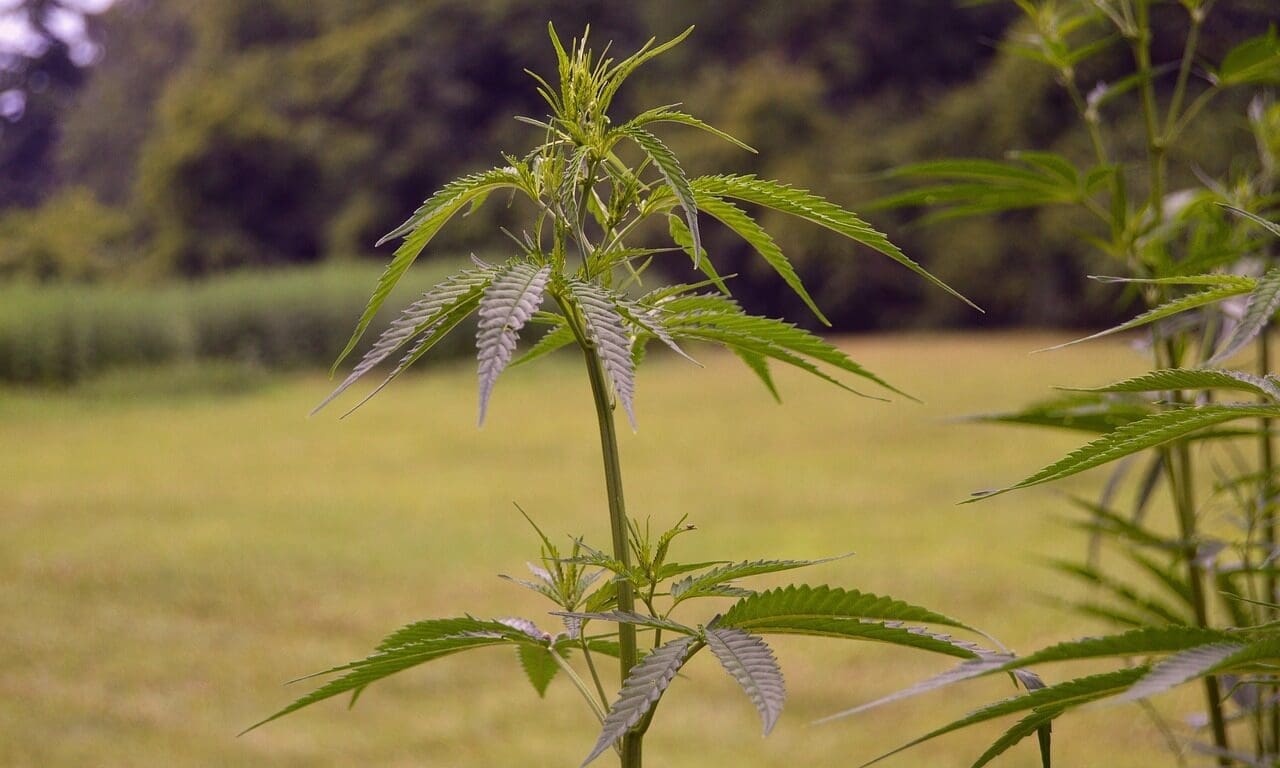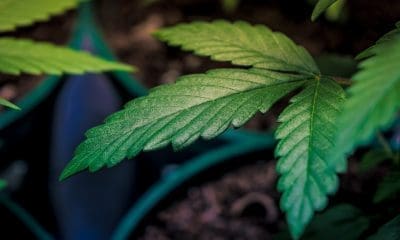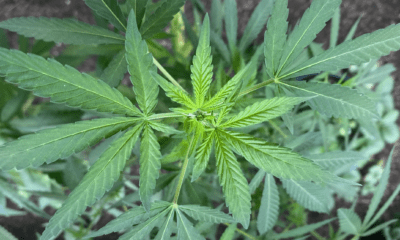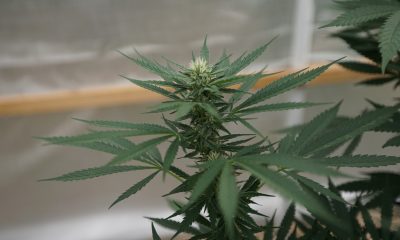Politics
Federal Agencies Must Get On The Same Page With Hemp Rules, Lawmakers Say

Four members of Congress representing Minnesota are urging federal regulatory agencies to streamline hemp and CBD rules that they say are “inconsistent” and cause headaches—and potential criminal liabilities—for farmers and entrepreneurs trying to succeed in the fledgling industry.
In a letter to four top government officials, the lawmakers—Sen. Tina Smith (D-MN) and Reps. Angie Craig (D-MN), Betty McCollum (D-MN) and Collin Peterson (D-MN)—wrote that their agencies “need to work together and issue federal guidelines that will benefit farmers rather than punish farmers for factors that are out of their control.”
Each of the agencies the—U.S. Department of Agriculture (USDA), Food and Drug Administration (FDA), Drug Enforcement Administration (DEA) and Office of Management and Budget (OMB)—plays some role in regulating hemp and its various derivative products, and the letter says their rules conflict in ways that have chilled the market.
“Currently, contradictory federal guidelines are leading to uncertainty in the market,” Smith’s office said in a statement, “and preventing Minnesota farmers and Tribes from fully reaping the economic benefits of growing hemp.”
The letter, sent last week, says the conflicting rules have “resulted in fewer hemp acres in Minnesota being planted from 2019 to 2020.” While the number of licensed growers increased from four to 467 over that period, the number of acres planted in hemp dropped from 7,353 to 5,809.
“Lack of clarity has resulted in under-investments in growing and processing from banks and hemp production companies,” it adds, calling on the agencies to work together “to create a more stable market for hemp farmers and ease the concerns of investors.”
As the letter explains, various rules issued by the agencies since Congress legalized hemp in the 2018 Farm Bill sometimes seem to conflict with one another, creating confusion for companies trying to comply—as well as for peripheral businesses that want to work with them.
“For example, USDA’s rule stated that farmers will be held accountable—facing possible revoking of their licenses—if their crops test above a .5 percent THC level three times in a five year period,” the letter says. “Despite this somewhat onerous and arbitrary rule, [DEA] instituted their own rule saying that exceeding .3 percent THC level deems the crop a controlled substance” and thus criminally illegal.
That rule has also been subject to criticism by a pair of Oregon senators as well as nine other members of Congress. They say the agency misinterpreted congressional intent when legalizing hemp.
“The burdensome competing rules don’t allow for remediation if the crop tests above the deemed inappropriate levels,” the lawmakers wrote. “Farmers should not be penalized for plants that they intended to grow as hemp, but for any number of reasons, the final THC numbers exceeded the arbitrary 0.3% THC level.”
As for CBD, the letter notes, FDA guidance on the cannabinoid “is still pending at the office of management and budget, which adds even more uncertainty to the marketplace.”
OMB completed its review of FDA’s proposed guidance in July, but it remains to be seen whether the draft document will be released.
Other members of Congress have taken issue with the particularities of agency hemp rules. The Senate Appropriations Committee earlier this month urged a number of hemp- and marijuana-related changes, including to USDA’s proposed 0.5 percent THC negligence threshold, which the panel called “arbitrary.” The committee also complained that a separate hemp rule “creates roadblocks for farmers by requiring an unrealistic timeframe for testing.”
Lawmakers said USDA should “ensure that any final rule is based on science and will ensure a fair and reasonable regulatory framework for commercial hemp production in the United States.”
Amid the confusion, hemp regulators at USDA have approved nearly 70 state and tribal regulatory hemp proposals and recently awarded an advocacy group $200,000 to support America’s international hemp trade.
Last month USDA closed an extended public comment period on its proposed hemp regulations after temporarily reopening the feedback period due to strong pushback from stakeholders, many of whom said the policies were too restrictive. An initial comment round saw more than 4,600 submissions.
Due to the concerns, Congress approved a continuing resolution that extends a current hemp pilot program established in 2014 through September 2021. That program, which many in the industry feel is more flexible than USDA’s proposed rules, was initially set to expire in October.
Working With GOP Gave Obama A ‘Handy Excuse’ Not To Legalize Marijuana, He Writes In New Book
















